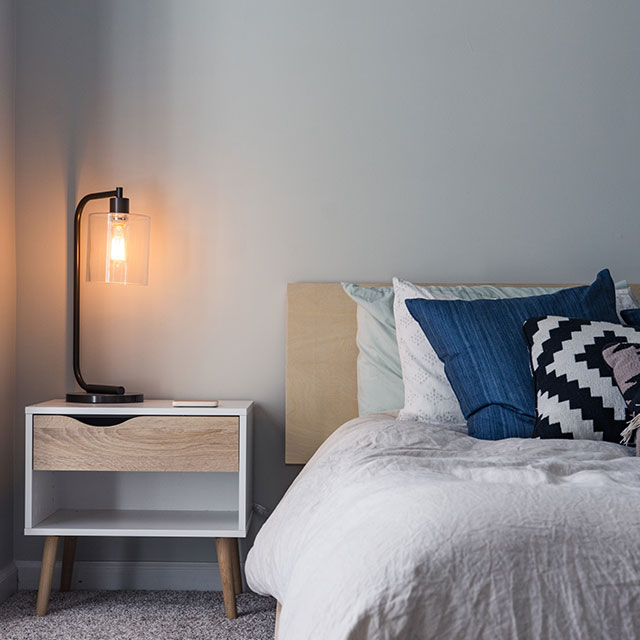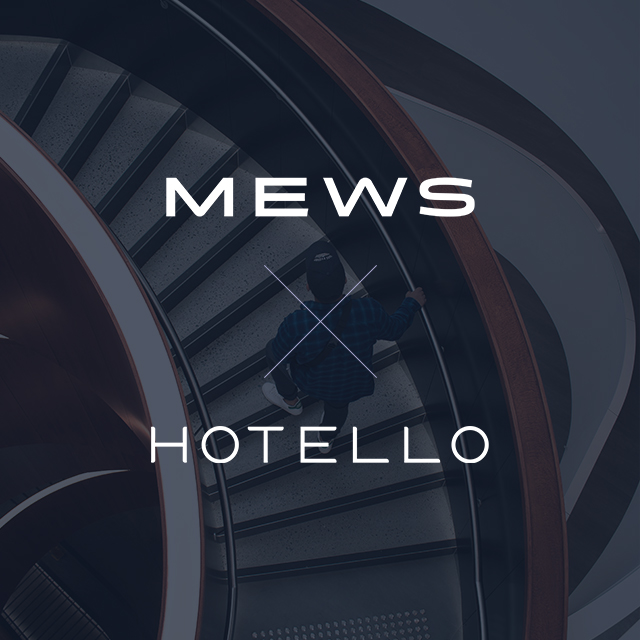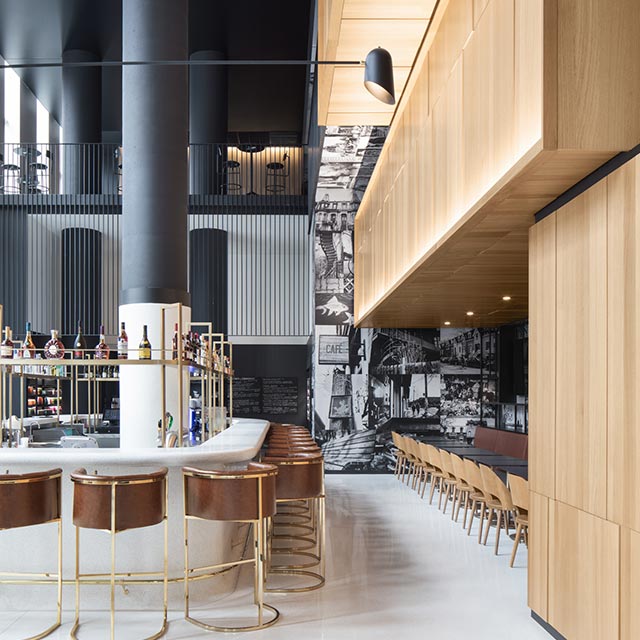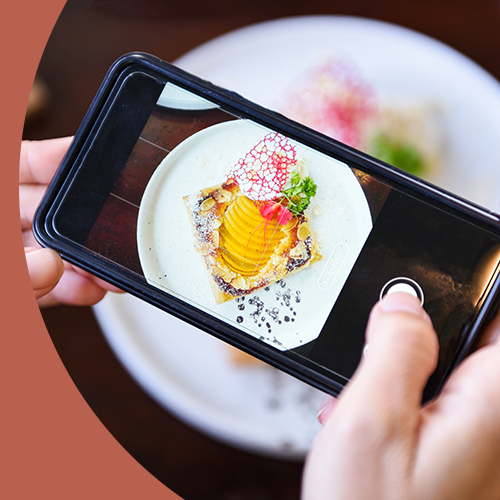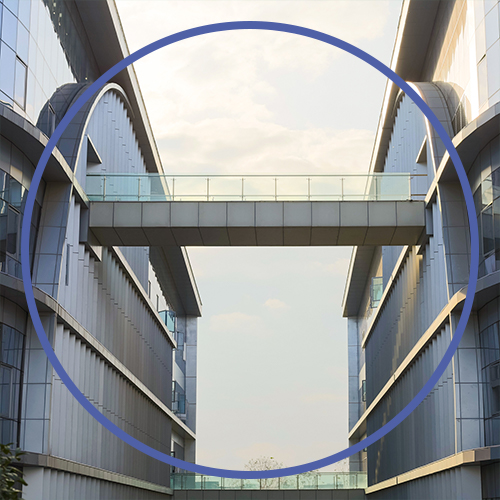Your property’s e-reputation on Instagram
With over 800 million users, the social platform Instagram’s popularity is exponentially growing and is becoming a key marketing element for companies. Being trendy, Instagram is an essential tool for any property wishing to manage their online reputation and promote their own brand. The app is useful when it comes to working on a brand’s image through attracting and captivating videos and/or pictures.
Hotels have now understood the importance of integrating Instagram to their marketing strategy, whether it be to build their brand or to consolidate their online reputation. Managing one’s online reputation on social media has now become a necessity, as it allows companies to better communicate and exchange with Instagram users, while improving their products and services.

What is the online reputation?
The notion of online reputation emerged in the 2000s and designates a company, brand, person’s image perceived online through search engines, review platforms, social media and other online platforms. Similar to an online word-of-mouth, internet users’ comments have a significant impact on your property. Your online reputation can thus be both positive or negative, or even neutral. It is therefore crucial to understand that this online reputation contributes to your property’s real reputation as well as its overall image.
The online-reputation can have an important effect on your hotel and its attractivity. For example, a good online reputation can generate more bookings and thus a higher occupancy, with no further action required on your part. Thus, the more positive comments you have online, the more people will want to stay with you and in return leave online reviews.
How to boost your online reputation using Instagram?
First of all, you need to clearly define your objectives and your strategy. You can then focus your reflections around a few questions:
- WHY: What are your true objectives?
- WHO: Which product or service do you wish to promote, what are their main characteristics, what are they used for, who is your target audience?
- WHAT: What is the message you wish to broadcast, which information and content do you wish to share?
- WHERE: Which supports, platforms and communication channels do you want to use?
- HOW: Which levers are to be used?
- HOW MUCH: What is your budget allocation for this strategy?
Social media allow companies to have greater visibility. It has been shown that 8 out of 10 users follow a brand on Instagram. Moreover, approximately 80% of Instagram users use this platform to find out more about a product or service, which shows this social medium’s significant influence. Instagram actually has one of the highest visitor rates, behind Facebook and Twitter. So why not take advantage of this to strengthen your online reputation?
There exist many ways in which you can boost your online reputation as a hotel. Firstly, make sure to regularly post relevant content. For example, you can upload publications promoting your company’s values, your staff, your new products and services, or even share picture or reviews from your clients. This will help to grow the community following your brand and create close links with your followers.
It is also important to interact with your followers on a regular basis, whether it be by using comments, likes or sharing their content. This exchange allows you to collect positive comments from online users while making your brand friendly. This shows you truly care about your community. There is no need to embellish your interactions, be authentic and loyal to your company’s image and values.
Later on, you can also partner up with influencers. An influencer is a person with a large number of followers who regularly posts content on their social media. There are many types of influencers: nano-influencers (less than 10 K followers) micro-influencers (over 10 K followers), macro-influencers (over 100 K followers) and celebrities (over 500 K followers). The influencer your partner up with will be responsible to create content on your behalf and boost your online visibility, by talking about your products and services to their community.
It is essential to partner up with influencers who correspond to your values as a brand so that their community can identify to your brand as well. Choose influencers who have an interesting engagement for you, and have an audience that corresponds to your target market. The chosen influencers will be your brand ambassadors, which will allow you to strengthen your notoriety within their community and create a trusting relationship with your followers, potential or current clients. You can also use hashtags in order to strengthen the feeling of belonging for your community.
By publishing many pictures, live videos through Instagram Story, or lengthier videos using IGTV, you can also promote your products and services in a more original fashion. The goal behind these publications is to share emotions through different visuals, to create desire for your products and services, and to knit stronger links with your followers. It would be wise to communicate in a friendly and exclusive manner, while staying true to your brand’s identity. In fact, your followers should be able to identify with the content you post, and most importantly, they should be able to understand what you expect of them such as sharing their own experience after staying with you.
How to measure your online reputation on Instagram?
While one’s online reputation may be a variable which is difficult to quantify and measure accurately, it is important to do so. The choice your performance indicators mainly depends on your goals and the communication channels you wish to use. Prior to paying for any applications, you should start by analyzing your social media’s data. There are two types of data: quantitative and qualitative.
Quantitative data is usually described by the number of likes, shares or followers, your publications’ audience, conversion rate and click-rate. Be careful however as these indicators’ usefulness is limited. Indeed, your social media visibility is not necessarily a sign of influence, and the search engines’ referencing tends to be highly personalized nowadays.
On the other hand, you have qualitative data such as positive, negative or neutral comments, hashtags and recommendations shared by the users. These qualitative indicators are difficult to analyze, as any qualitative statement is subjective, and each person has their own vision of things.
To conclude, a property’s online reputation is an element that should be closely monitored. While it may have positive impacts such as a boost in sales and the growth of the company, it is the company’s responsibility to manage their online reputation on social media, as a negative online reputation can also lead to a bad buzz or a crisis situation.
 Log in
Log in
